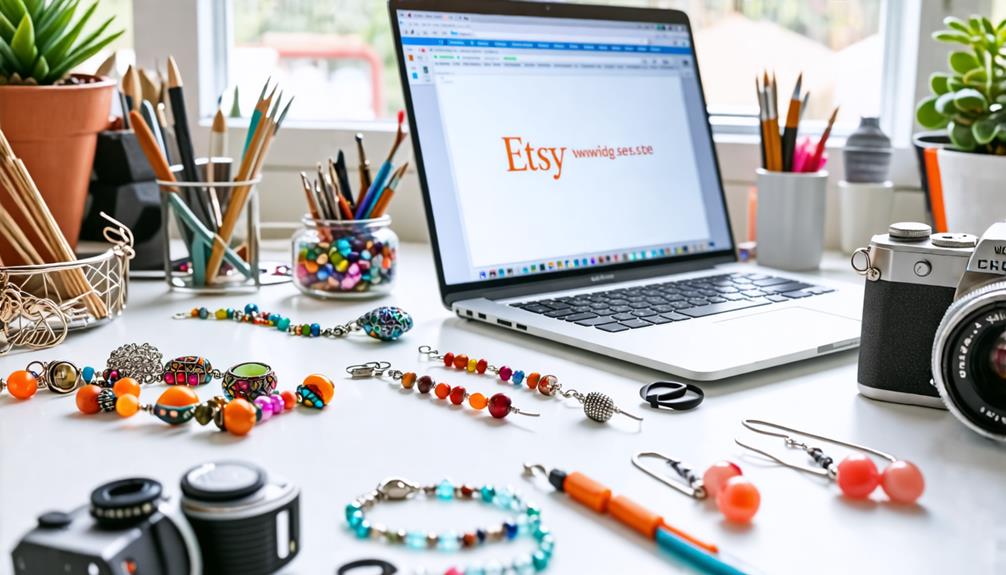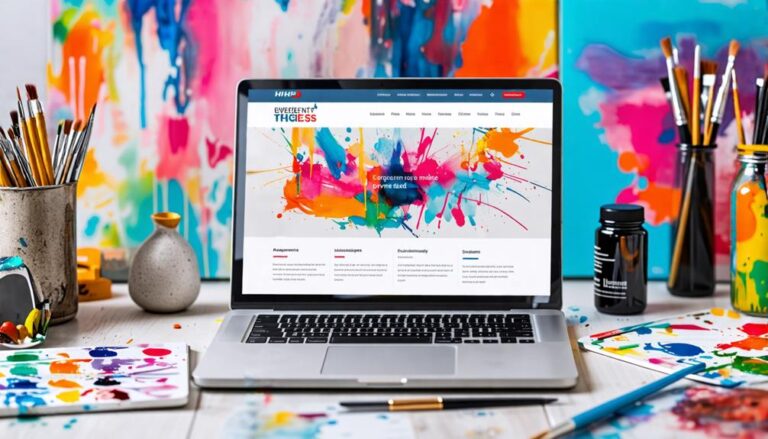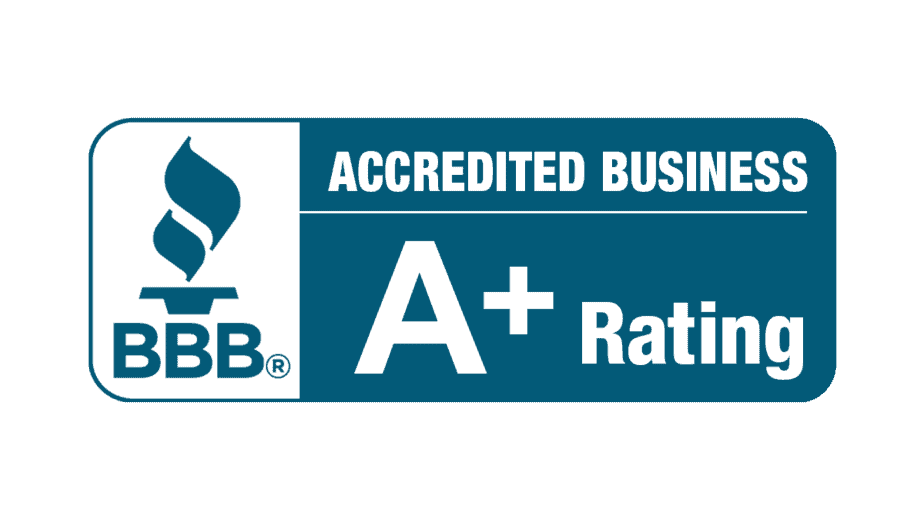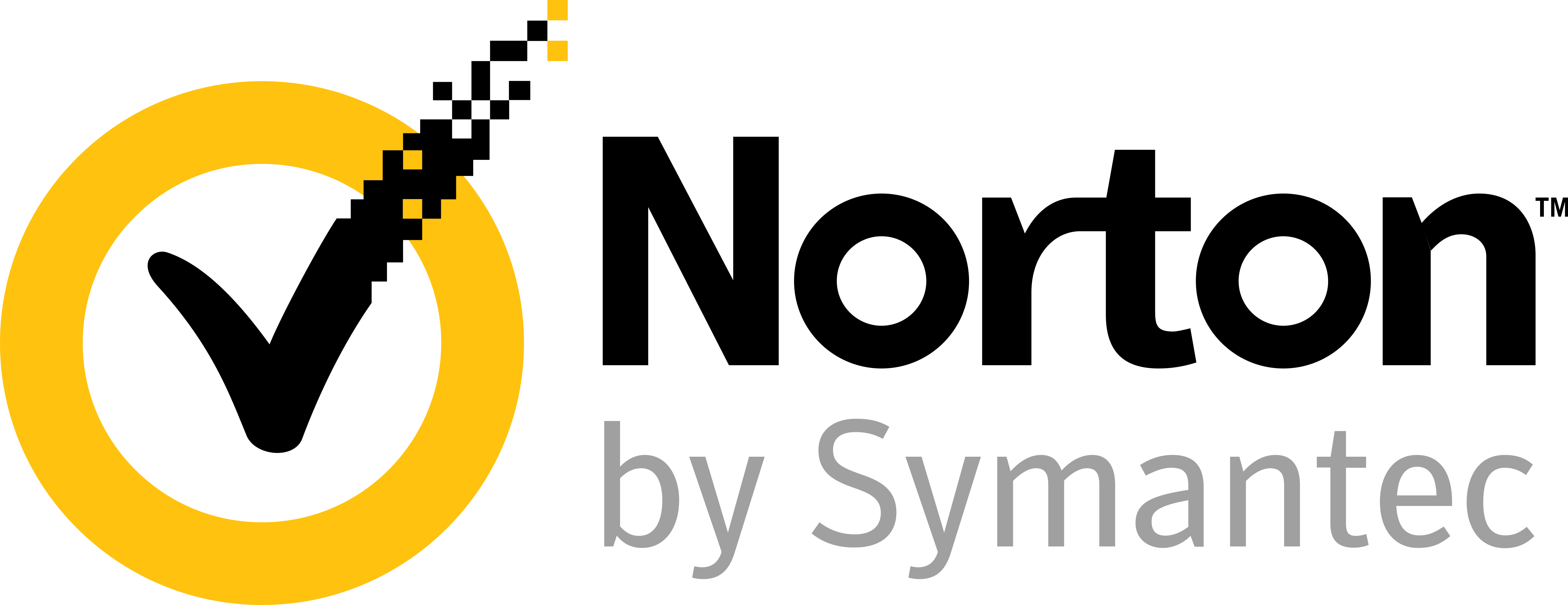Exploring the Side Hustle of Custom Portrait Commissions
Custom portrait commissions can serve as a lucrative side hustle for artists looking to connect with clients on a deeper level by turning their personal narratives into tailored visual art.
This side job requires an acute understanding of client's preferences and a scrupulous eye for detail, from the first consultation to the final product.
It's not just about creating art; it's about navigating the intricacies of client communication and material selection to produce portraits that truly resonate.
So, how does one effectively juggle their artistic vision and client expectations to deliver a harmonious final piece?
This article will guide you through the rewarding process of launching your own custom portrait commission side hustle.
Understanding Client Needs
Understanding the needs of clients is crucial in the side hustle of custom portrait commissions, as it ensures that the final art piece aligns harmoniously with the client's vision and emotional desires. The process kicks off with a comprehensive consultation where the artist aims to discover the client's preferences, including the preferred style, composition, and subject matter. This initial discussion is vital for setting clear expectations, ensuring that both parties share a consistent vision for the project.
Establishing an emotional bond is equally significant in this side hustle. Portraits often carry sentimental value, encapsulating moments, relationships, and individual characters. By comprehending the narratives and feelings clients want to represent in the artwork, artists can infuse their work with a deeper meaning. The selection of colors, lighting, and even the delicate nuances of facial expressions are meticulously customised to mirror the client's emotional terrain.
Moreover, marrying artistic techniques with client expectations in this side hustle involves presenting preliminary sketches or digital drafts. This iterative process allows for feedback and modifications, fostering a cooperative environment. Ultimately, the goal is to produce a portrait that not only meets but surpasses the client's hopes, creating an ageless piece that triggers a profound emotional bond each time it is observed.
Setting Up Your Portfolio
Setting up your portfolio is a meticulous process that begins with curating your finest works, ensuring each piece represents your highest artistic standards.
Organizing these works by style can provide potential clients with a clearer understanding of your versatility and range.
Additionally, highlighting unique skills within your pieces will distinguish your portfolio, showcasing the distinctive techniques that set you apart in the custom portrait market.
Selecting Best Works
Creating an enticing portfolio for your side hustle involves carefully selecting projects that highlight your diverse skills, technical expertise, and distinctive creative vision. Start by pinpointing the projects that best represent your key influences, as this will provide prospective clients with a clear comprehension of your foundational skills. It's crucial to include projects that not only demonstrate your technical abilities, but also your talent to encapsulate the essence and character of your subject matter.
Including testimonials from past clients alongside each chosen project can offer significant context and strengthen your credibility. Testimonials act as powerful endorsements that can considerably impact potential clients' decisions.
Here is a recommended layout for your portfolio:
| Project Title | Description and Testimonial |
|---|---|
| Emily's Branding Project | A vibrant branding influenced by contemporary design trends. 'The attention to detail is astounding; Emily's brand truly captures her spirit.' – Client A |
| The Old Man Book Design | A study in contrast reflecting classical design techniques. 'Remarkable depth and emotion. It's like looking into his soul.' – Client B |
| Young Girl in Red Website Design | Inspired by impressionist color schemes. 'The use of color and light brings the website to life. It's breathtaking.' – Client C |
| Family Portrait Logo Design | Capturing familial bonds through modern design. 'Every expression is perfect. Our family brand is represented beautifully.' – Client D |
| Personal Website Design | A self-reflective project showcasing personal style evolution. 'A deeply personal and evocative work. It's a reflection of your growth as a designer.' – Client E |
Organizing By Style
Organizing your side hustle portfolio by style allows potential clients to navigate your work with ease and gain a deeper understanding of your versatility and skills. This method of organization not only displays your varied abilities but also highlights the different inspirations and influences that shape your side projects. By segmenting your portfolio, you can clearly present the breadth and depth of your creative talents in your side hustle.
Here are four key steps to effectively organize your side hustle portfolio by style:
1. Identify Key Styles:
Determine the primary styles you utilize in your side hustle, such as graphic design, photography, writing, or coding. Confirm these categories reflect the range of your skills and capabilities.
2. Group Similar Works:
Collect projects that share stylistic elements and group them together. This helps potential clients quickly find works that resonate with their tastes and project requirements.
3. Provide Context:
For each style category, include a brief description of your approach and the influences that inform your work. This context can offer clients deeper insight into your process and the uniqueness of your side hustle.
4. Use High-Quality Images:
Confirm that all images and presentations are high-resolution and accurately represent the quality of your work. This enhances the viewing experience and allows clients to fully appreciate the nuances of each style in your side hustle.
Highlighting Unique Skills
Highlighting your distinctive skills within your side hustle not only showcases your unique vision but also provides potential clients with a clear understanding of the specialized talents you bring to custom projects. Emphasizing your unique skills involves a strategic presentation of your techniques and personal flair that sets you apart from others in the field.
A well-structured portfolio for your side hustle should feature a variety of examples demonstrating your mastery in different areas, styles, and subjects. This not only reveals your versatility but also reinforces your ability to cater to diverse client preferences. For instance, showcasing a blend of different project styles alongside more unique or stylized works can illustrate the breadth of your capabilities.
Here's a sample table that can be used to organize and highlight your unique skills effectively:
| Skill Category | Description |
|---|---|
| Areas | Design, writing, coding, consulting |
| Styles | Realism, impressionism, abstract |
| Techniques | Problem-solving, innovative thinking, collaboration |
| Subjects | Marketing, finance, technology, art |
| Custom Features | Personalized solutions, unique approaches |
This structured approach not only makes your portfolio visually appealing but also guarantees potential clients can easily identify and appreciate your prowess and the personal flair you bring to each project within your side hustle.
Pricing Your Portraits
Determining the appropriate pricing for custom portrait commissions as a side hustle involves a nuanced understanding of factors such as artistic skill, time investment, and market demand.
For artists involved in this side hustle, they must conduct a thorough competitive analysis to gauge industry standards and guarantee their prices reflect the unique value perception of their work.
Here are essential considerations to accurately price your portraits:
- Skill Level and Experience: Assess your artistic expertise and years of experience. Clients, even in the side hustle market, are willing to pay a premium for seasoned artists whose work demonstrates superior quality and mastery.
- Time and Effort: Calculate the hours invested in creating a portrait, including preliminary sketches, revisions, and final touches. A detailed, realistic portrait will naturally command higher prices even in side hustle scenarios than simpler, less time-intensive styles.
- Material Costs: Factor in the cost of materials such as high-quality paper, canvases, paints, and framing. Premium materials enhance the final product's value, justifying higher pricing even for a side hustle.
- Market Demand and Competitive Landscape: Analyze the pricing strategies of other artists within your niche and geographical area. Understanding the competitive landscape helps in positioning your pricing appropriately to attract potential clients while maintaining profitability in your side hustle.
Crafting a Commission Process
Establishing a systematic commission process is essential for ensuring a seamless, professional experience for both the side hustler and the client, enhancing satisfaction and fostering long-term relationships.
Creating a structured timeline for each phase of the side hustle project is the first step. Clear timelines provide transparency, helping clients understand how long each stage—from initial concept to final product—will take. This not only manages expectations but also allows for any necessary adjustments along the way.
A refined process should also include a detailed contract outlining the scope of the side hustle project, payment terms, and rights to the finished product. This contract serves as a protective measure for both parties, ensuring mutual understanding and reducing potential disputes.
Additionally, incorporating client testimonials into your portfolio can greatly enhance trust and credibility. Positive feedback from past clients acts as a powerful endorsement, showcasing your reliability and the quality of your work.
Furthermore, maintaining meticulous records of each side hustle project, including communications, payments, and progress updates, ensures that every project is handled with utmost professionalism.
Communicating With Clients
Effective communication with clients is the bedrock of a successful side hustle, ensuring clear understanding, alignment, and satisfaction throughout the entire project. Setting up a transparent dialogue from the start aids in managing client expectations and nurturing a cooperative environment. This can be accomplished through well-designed communication strategies that cater to both the side hustler's and the client's needs.
- Initial Consultation: Start with a comprehensive discussion to grasp the client's vision and specific requirements. This is the moment to inquire about the project, desired outcomes, and any unique elements the client wishes to include.
- Progress Updates: Regular updates on the project's status are crucial. Share ongoing work snippets and invite feedback to ensure the project is progressing in line with the client's expectations.
- Feedback Loop: Formulate a systematic method for receiving and incorporating feedback. This could involve scheduled check-ins at various stages of the project's development, allowing for tweaks and improvements.
- Final Approval: Before wrapping up the project, present the near-final version for approval. This final review stage ensures that all client expectations have been satisfied and provides an opportunity for any last-minute adjustments.
Implementing these communication strategies ensures a seamless project handling experience, enhancing both the side hustle process and client satisfaction.
Choosing the Right Materials
Selecting the ideal materials for a custom portrait commission is essential to achieving a refined and lasting piece.
Artists must weigh options such as various canvas types, the choice between traditional paint and digital mediums, and the caliber of brushes to guarantee each stroke contributes to the work's overall integrity.
Types of Canvas
When starting a side hustle in custom portrait painting, the selection of canvas material is crucial, as it significantly influences both the durability of your work and its aesthetic appeal. Different canvas textures and sizes can help you achieve varying artistic results. Each type of canvas material offers unique features that can make your side business stand out.
- Cotton Canvas: Known for its affordability and adaptability, cotton canvas provides a smooth texture that is ideal for detailed work. It is available in a range of weights and thread counts, allowing you to select the ideal balance between texture and smoothness for your clients' portraits.
- Linen Canvas: Often seen as the premium choice, linen canvas offers superior strength and longevity. Its natural oils help maintain the fabric's flexibility and prevent decay. The irregularities in its texture can add a dynamic quality to the portraits, setting your work apart.
- Synthetic Canvas: Constructed from polyester or a synthetic fiber blend, this type of canvas is resistant to environmental factors like humidity and temperature changes. It offers a uniform texture, making it a reliable option for consistency in your side hustle.
- Primed vs. Unprimed Canvas: Primed canvas comes pre-coated with a layer of gesso, ensuring the paint adheres properly and enhances the vibrancy of colors. Unprimed canvas requires manual preparation but allows for greater customization, providing a unique selling point in your portrait painting business.
Paint Vs. Digital
While the choice of medium plays a significant role in traditional portrait painting, the decision between using traditional paint or digital tools can equally define the essence and workflow of your side hustle in custom portrait commissions.
Traditional techniques, such as oil or acrylic painting, offer a tactile experience that many artists and clients find irreplaceable. The layering, textural nuances, and organic blending of colors produce a depth and richness that are unique to hand-painted works. These methods also imbue the final piece with a tangible authenticity and historical continuity cherished by art collectors.
On the other hand, digital tools provide unparalleled flexibility and efficiency, a crucial factor for those balancing their side hustle with other commitments. Graphic tablets and software programs like Adobe Photoshop or Corel Painter allow artists to experiment with a vast array of brushes, textures, and effects without the constraints of drying times or material costs. Digital portraits can be easily edited, resized, and reproduced, making them ideal for clients seeking multiple formats or quick adjustments. Additionally, digital techniques enable the integration of mixed media elements, pushing creative boundaries in ways that traditional methods may not.
Ultimately, the choice between traditional techniques and digital tools depends on the artist's style, client expectations, and the specific requirements of the portrait commission. Both approaches offer distinct advantages that can beautifully capture the subject's essence and contribute to the success of your side hustle.
Quality of Brushes
The quality of brushes is an essential factor for hobbyists turned entrepreneurs looking to create and sell custom portraits. It can significantly influence the precision, texture, and overall finish of their art pieces. A top-tier brush can enhance their ability to execute sophisticated brush techniques, ensuring each stroke adds to the desired effect.
Choosing the right brush entails understanding the following key aspects:
- Bristle Type: Natural bristles, like sable or hog hair, provide excellent flexibility and paint retention, which is crucial for detailed work. Synthetic bristles, although more cost-effective, can also deliver good results with proficient use.
- Brush Shape: Various shapes, such as round, flat, filbert, and fan, cater to different brush techniques. A round brush, for example, is perfect for fine details, while a filbert brush is excellent for blending and creating soft edges.
- Handle Length: Long-handled brushes are usually preferred for easel work, permitting expressive, sweeping strokes, whereas short-handled brushes offer more control for intricate details.
- Ferrule Quality: The metal ferrule should be robust and well-attached to prevent bristle loss and ensure the brush lasts longer.
Investing in high-quality brushes is a crucial aspect of an entrepreneur artist's toolkit, significantly impacting the final result of their custom portrait side business.
Marketing Your Services
Successfully marketing your side hustle of custom portrait commissions requires a strategic mix of digital visibility, customer interaction, and highlighting your distinctive artistic flair.
Utilizing social media platforms is critical in this process. Platforms like Instagram, Facebook, and Pinterest are visually-oriented environments where your artwork can thrive. Regularly uploading high-quality pictures of your projects, behind-the-scenes peeks, and time-lapse videos of your creative journey can engage potential clients and expand your follower base. Also, using targeted hashtags can boost your visibility within specific art circles.
Client endorsements are another potent marketing instrument. Positive reviews from content clients can foster trust and credibility, making your side hustle more attractive to prospective customers. Asking for endorsements after finishing a project and displaying these testimonials prominently on your website and social media accounts can significantly sway potential clients.
Furthermore, establishing a unified and professional online portfolio is crucial. Your website should be user-friendly, with distinct sections for showcasing your work, explaining your commission process, and reaching you.
Integrating these digital tactics not only extends your reach but also builds a solid reputation in the custom portrait market, ultimately drawing a consistent flow of clients for your side hustle.
Handling Revisions and Feedback
Managing customer expectations is critical in the side hustle of custom portrait commissioning, and effectively handling revisions and feedback is a central part of this process. Establishing transparent communication channels and setting feasible expectations from the start can significantly reduce misunderstandings. Applying systematic revision strategies ensures that both the side hustler and the customer maintain mutual understanding throughout the creative process.
Here are some efficient strategies to handle revisions and feedback in your side hustle:
- Initial Consultation: Launch with a comprehensive consultation to grasp the customer's vision, favored style, and any specific needs. This discussion paves the way for aligning customer expectations with your creative skills in your side hustle.
- Progress Updates: Offer regular updates at crucial stages of the portrait creation. These updates enable customers to monitor the progress and give feedback, ensuring that modifications can be implemented before the final stages.
- Revision Policy: Clearly define your revision policy in your contract, detailing the number of revisions included and any associated costs for extra changes. This transparency helps control customer expectations and avoids scope creep in your side hustle.
- Constructive Feedback: Prompt customers to provide specific, constructive feedback. Detailed insights assist in making accurate adjustments, ensuring the final portrait fulfills or surpasses customer expectations in your side hustle.
Conclusion
Offering custom portrait commissions necessitates a meticulous approach, encompassing a thorough understanding of client needs, a well-curated portfolio, strategic pricing, and an efficient commission process.
Effective communication, judicious material selection, and robust marketing strategies are paramount.
Addressing revisions and incorporating client feedback guarantees the final artwork resonates deeply.
This extensive method not only enhances the quality of the portraits but also fosters enduring client relationships and satisfaction, establishing a reputable standing in the artistic community.

















































0
View comments